Canadian Prime Minister Justin Trudeau has announced his impending resignation as Liberal Party leader amid increasing pressure to step down from within the party.
From a podium outside his residence at Rideau Cottage in Ottawa on Monday, Trudeau added that he would also step down as prime minister once a new leader is selected.
“I intend to resign as party leader, as prime minister, after the party selects its next leader through a robust, nationwide, competitive process. Last night, I asked the president of the Liberal Party to begin that process,” Trudeau said.
In announcing the decision, the prime minister made reference to the upcoming federal elections, which must be held before October 20 of this year.
“This country deserves a real choice in the next election, and it has become clear to me that if I’m having to fight internal battles, I cannot be the best option in that election,” Trudeau explained.
Trudeau, who has been in power for nine years, saw his popularity wane in recent months, with his government narrowly surviving a series of no-confidence votes and critics calling for his resignation.
Pressure on the 53-year-old Trudeau further mounted after former Deputy Prime Minister Chrystia Freeland quit in December, following a disagreement over how to respond to United States President-elect Donald Trump’s threat of imposing a 25-percent tariff on Canadian goods.
Days later, Trudeau announced a major reshuffle of his cabinet – changing one-third of his team in a bid to settle the political turmoil.
While several MPs of the governing Liberal Party publicly called on the prime minister to step down after Freeland’s resignation, many have continued to stand by Trudeau despite the mounting pressure.
On Monday, Trudeau declined to comment on the details of Freeland’s departure and its impact on his leadership.
“Chrystia has been by my side for close to 10 years now. She has been an incredible political partner through just about everything we have done as a government,” he said.
“I had really hoped that she would agree to continue as my deputy prime minister and take on one of the most important files that not just this government but this country is facing. But she chose otherwise.”
Trudeau’s departure leaves the party without a permanent head at a time when polls suggest the Liberals will badly lose to the opposition Conservatives in the federal elections.
Trudeau trails his main rival, Conservative Pierre Poilievre, by some 20 points in public opinion polls, amid a range of challenges facing Canada from a housing crisis to soaring costs of living.
When pressed by reporters about whether another candidate could beat Poilievre, Trudeau was firm: “Absolutely.”
He took several swipes at the Conservative leader, whom he accused of pushing a “veer towards the hard right”.
“Pierre Poilievre’s vision for this country is not the right one for Canadians,” he said.
“Stopping the fight against climate change doesn’t make sense. Backing off on the values and strength in diversity that Canada has always, always, worked to pull itself together on is not the right path for the country.”
For his part, Poilievre posted a video on social media celebrating Trudeau’s departure, calling it the end of a “dark chapter” in Canada’s history.
But he accused Trudeau’s fellow Liberals of political manoeuvring ahead of an election — and said they shared equal blame for working to “break the country”.
“Given that Liberal MPs and leadership contenders unanimously supported everything Trudeau has done, why dump him now, right before an election?” Poilievre asked.
“Their only objection is that he’s no longer popular enough to win an election and keep them in power. They were want to protect their pensions and paycheques by sweeping their hated leader under the rug months before an election.”

Political legacy
Trudeau swept to power in 2015 and led the Liberals to two more ballot box victories – in 2019 and 2021.
“We were elected for the third time in 2021 to strengthen the economy post-pandemic and advance Canada’s interests in a complicated world, and that is exactly the job that I and we will continue to do for Canadians,” Trudeau said on Monday.
Coming to politics after working as a snowboard instructor, bartender, bouncer and teacher, Trudeau was first elected in 2008 to the House of Commons to represent a working-class Montreal neighbourhood.
In his first two terms as prime minister, he brought in Senate reforms, signed a new trade deal with the US and introduced a carbon tax to reduce Canada’s greenhouse gas emissions.
The father of three also legalised cannabis, held a public inquiry into missing and murdered Indigenous women, and passed legislation permitting medically assisted suicide.
Trudeau touted some of those successes in Monday’s speech.
“We got elected in 2015 to fight for the middle class, and that’s exactly what we’ve done over the past years,” Trudeau said.
“That has dropped poverty rates in Canada. That has brought more people into the workforce. That has moved us forward on reconciliation in a way that has deeply improved the opportunities and success of Canadians, despite the incredibly difficult times the world is going through right now.”
But he expressed regret that Canadians could not indicate second or third choices on their ballots, a nod to the election reform he had long promised.
“People would have been trying to look for things they have in common, instead of trying to polarise and divide Canadians against each other,” Trudeau said, as he reflected on his desired electoral system.
“I think, in this time, figuring out how to pull together and find common ground remains something that is really important for democracies.”
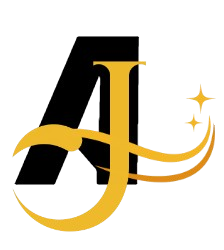
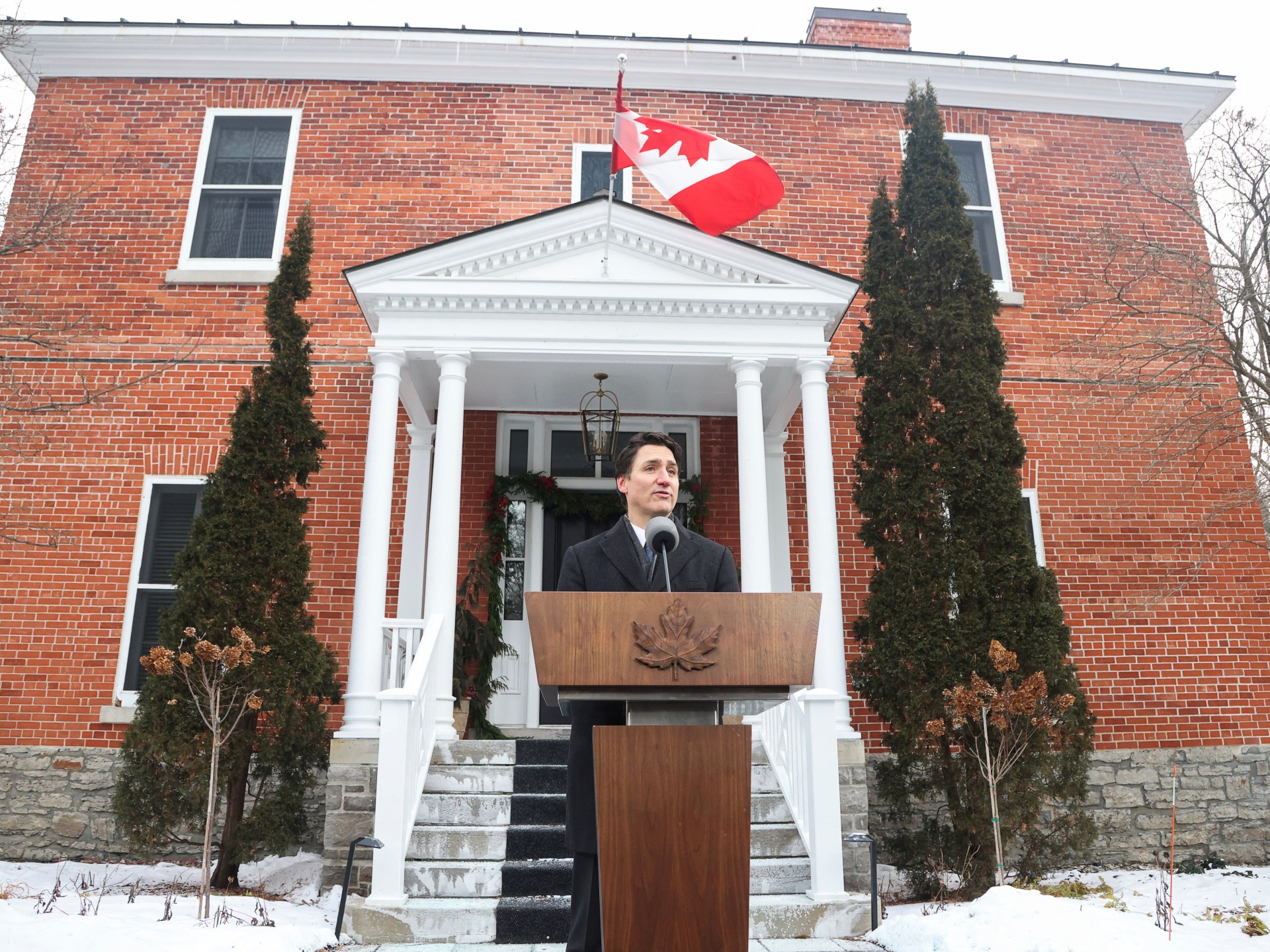
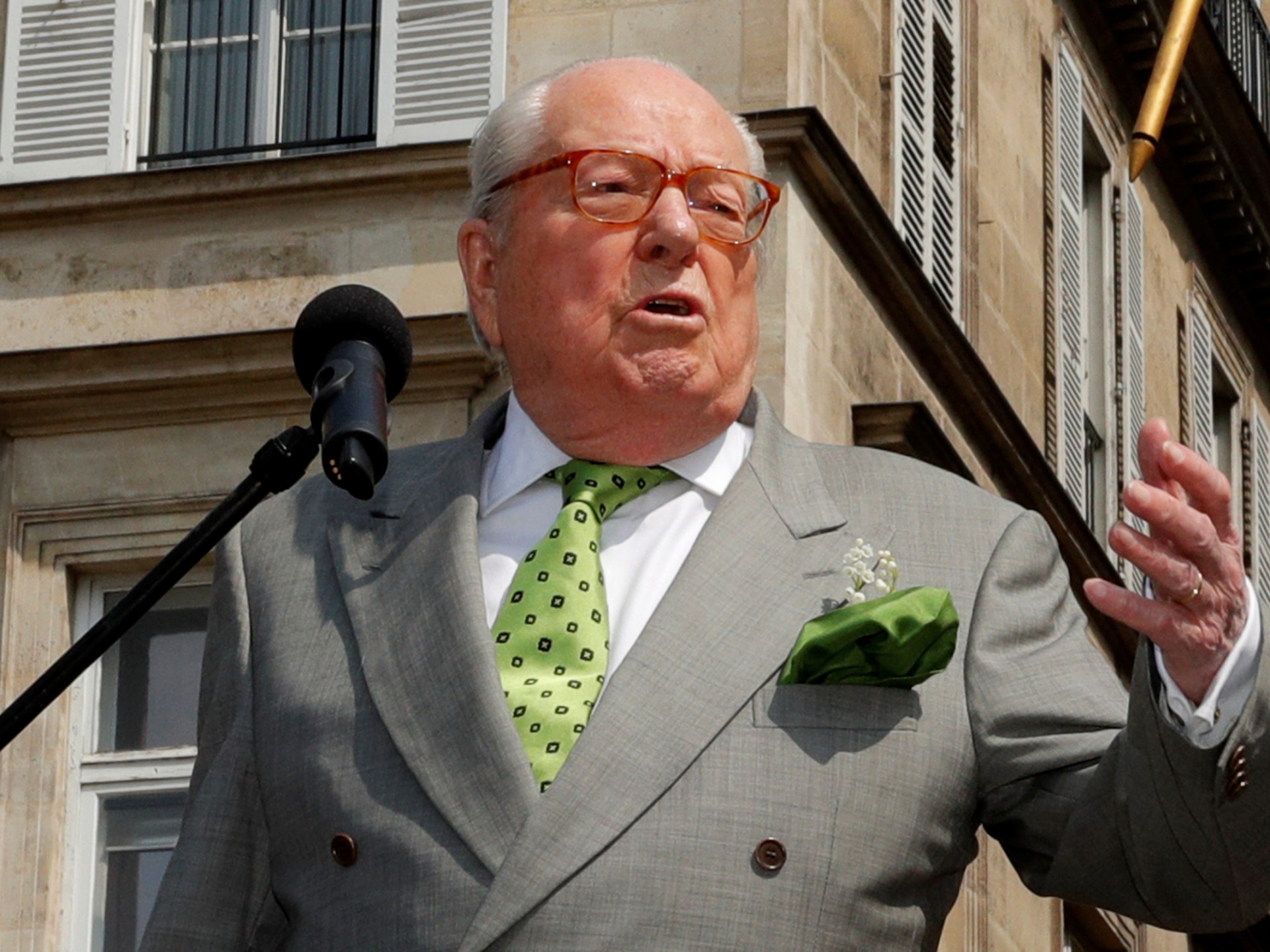
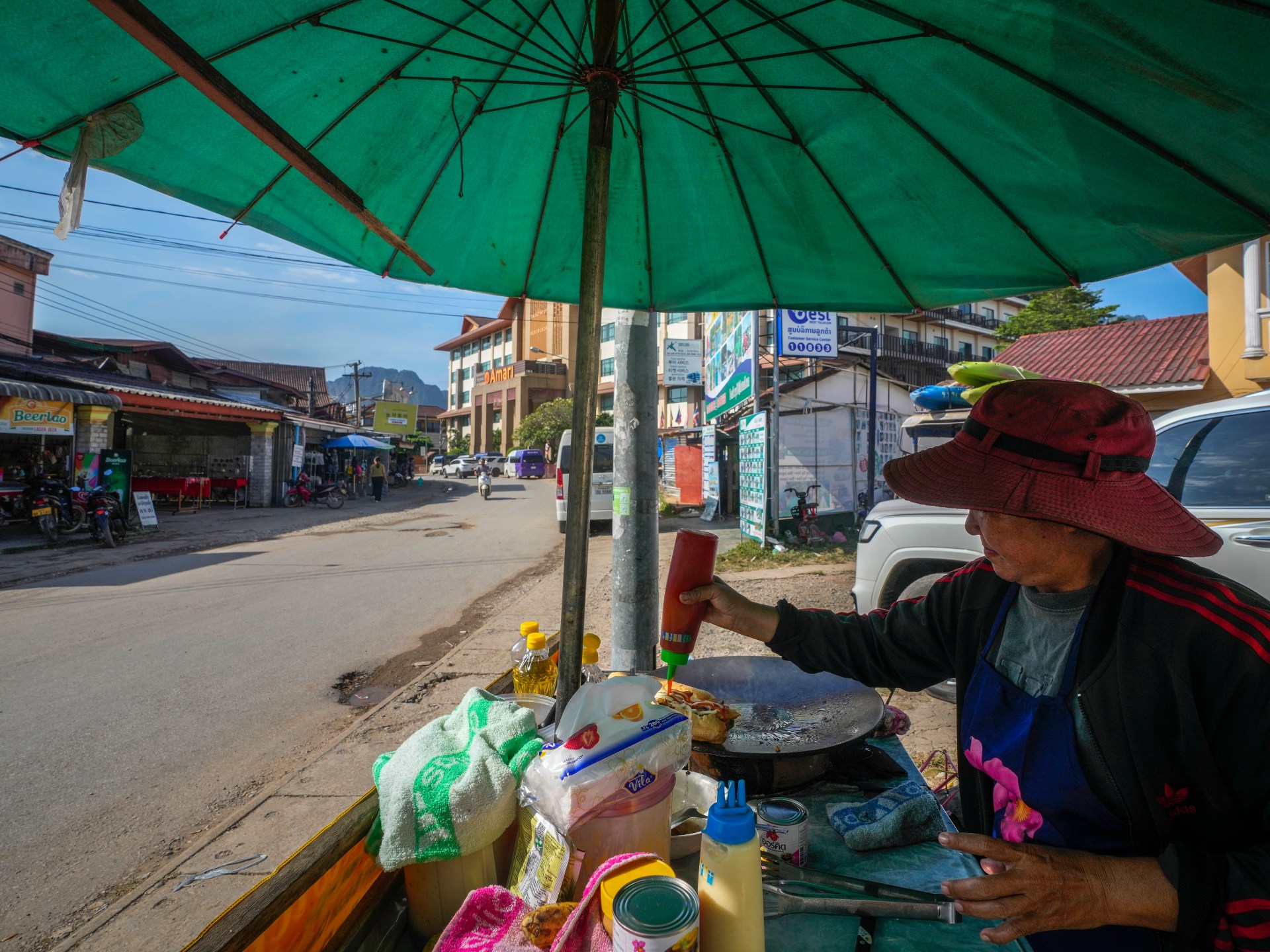
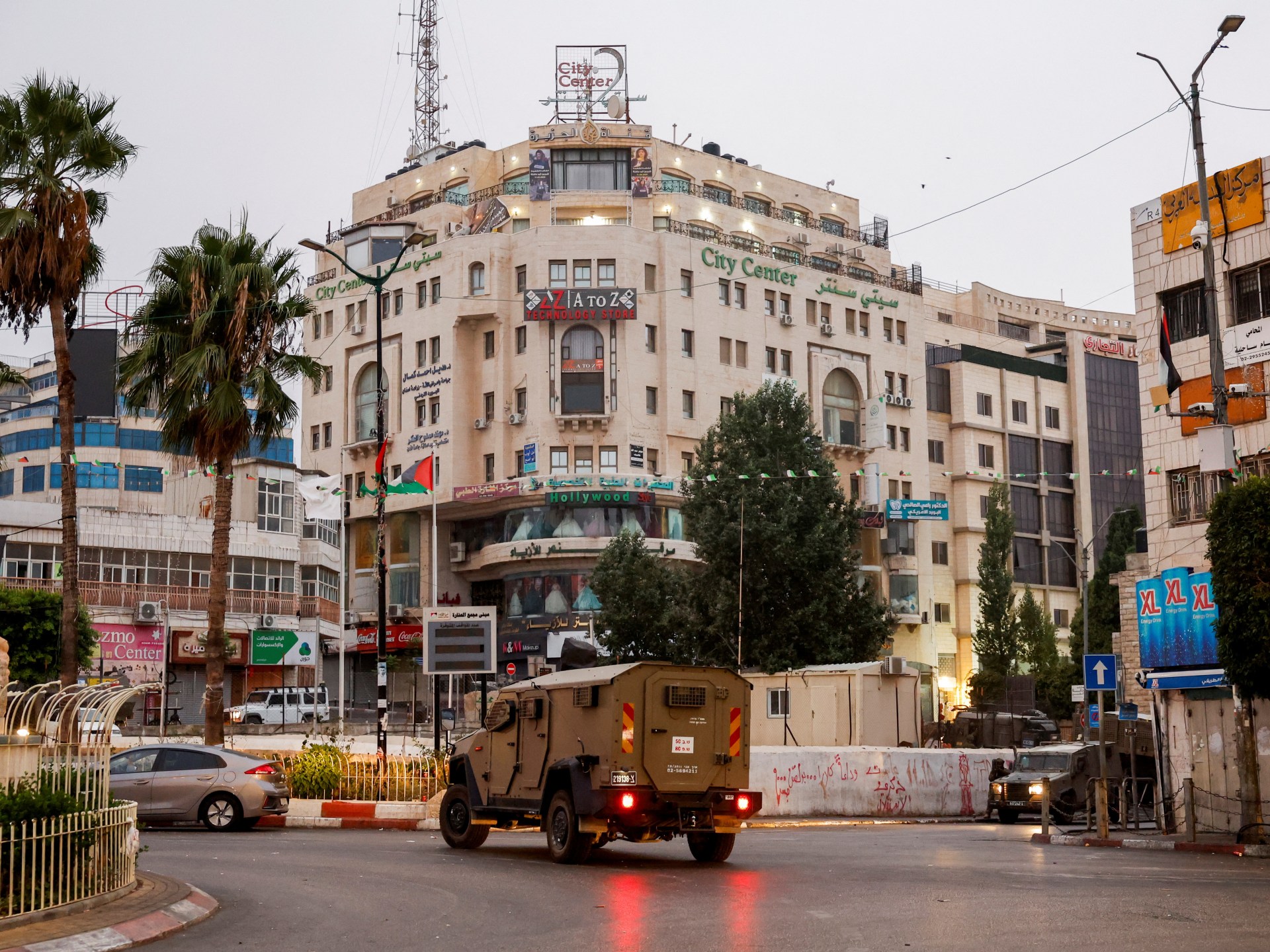
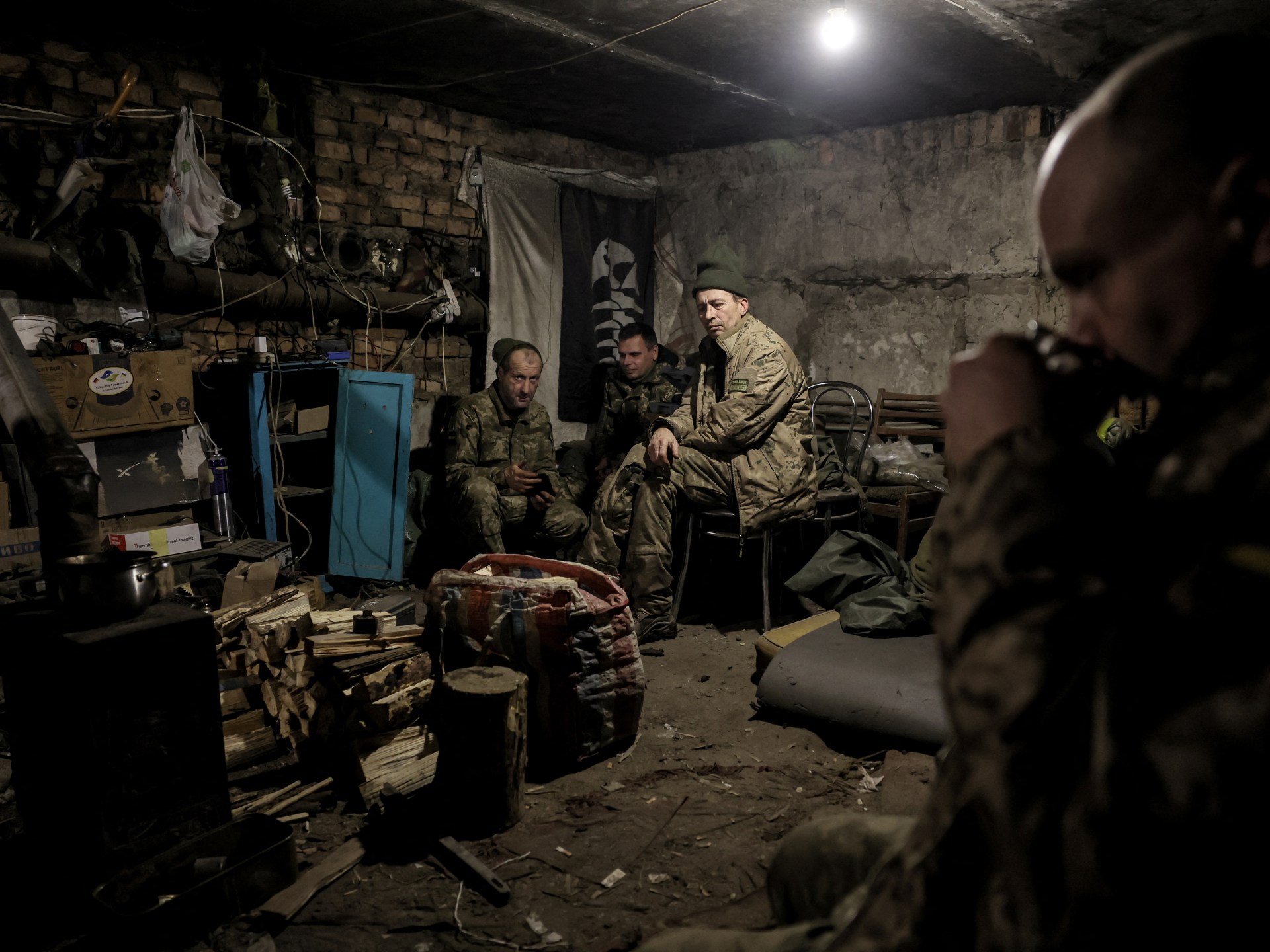
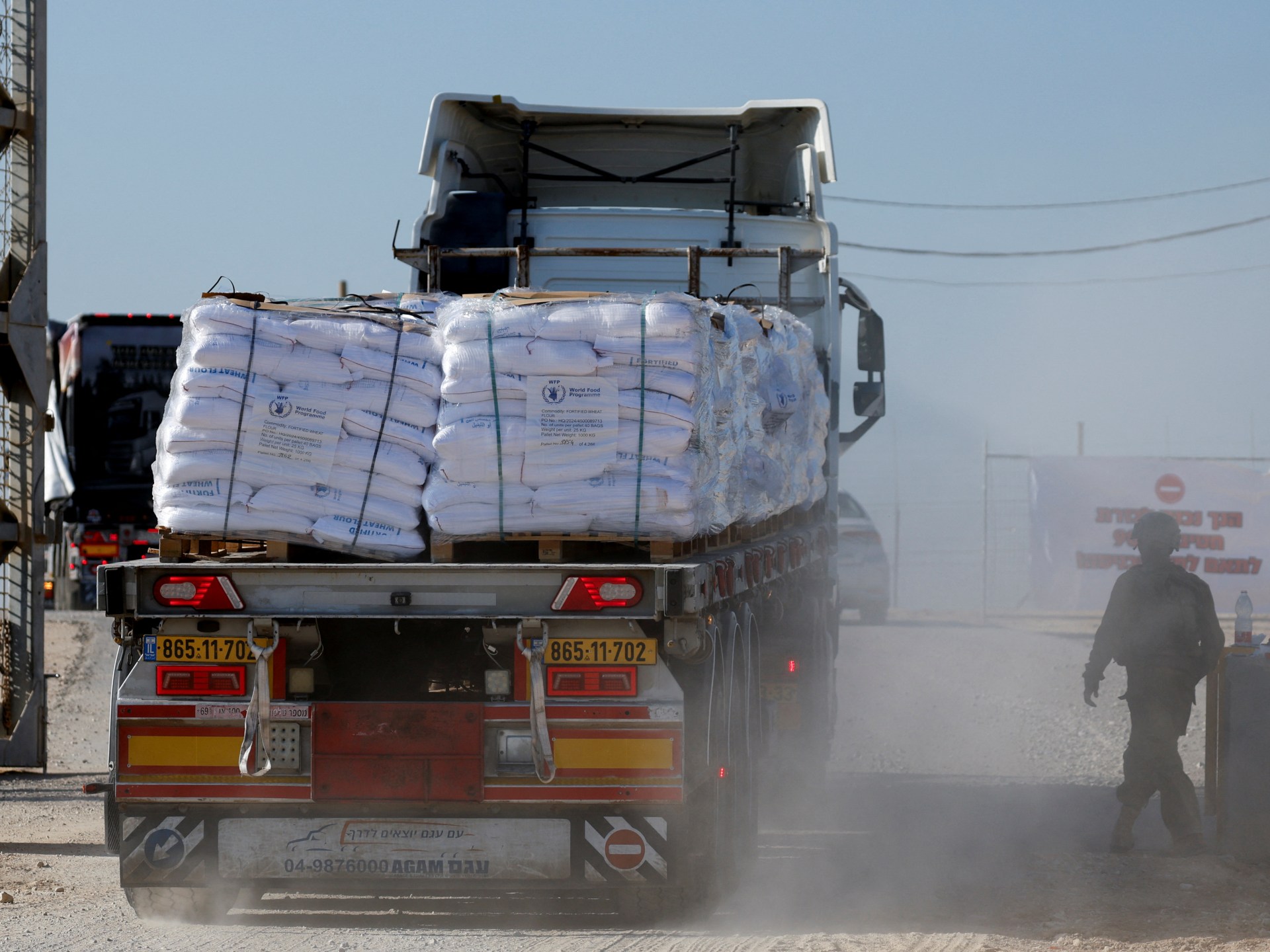
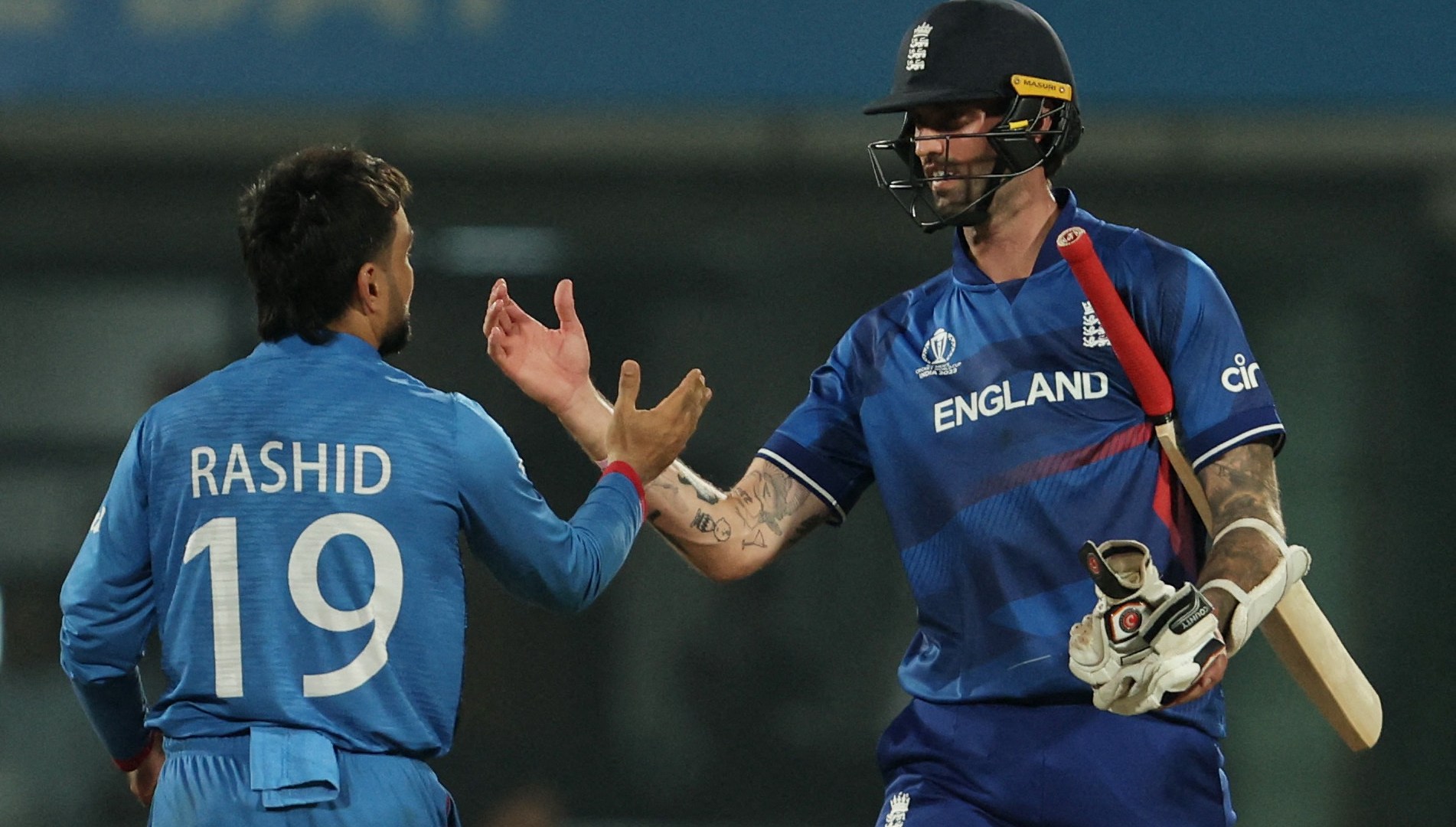
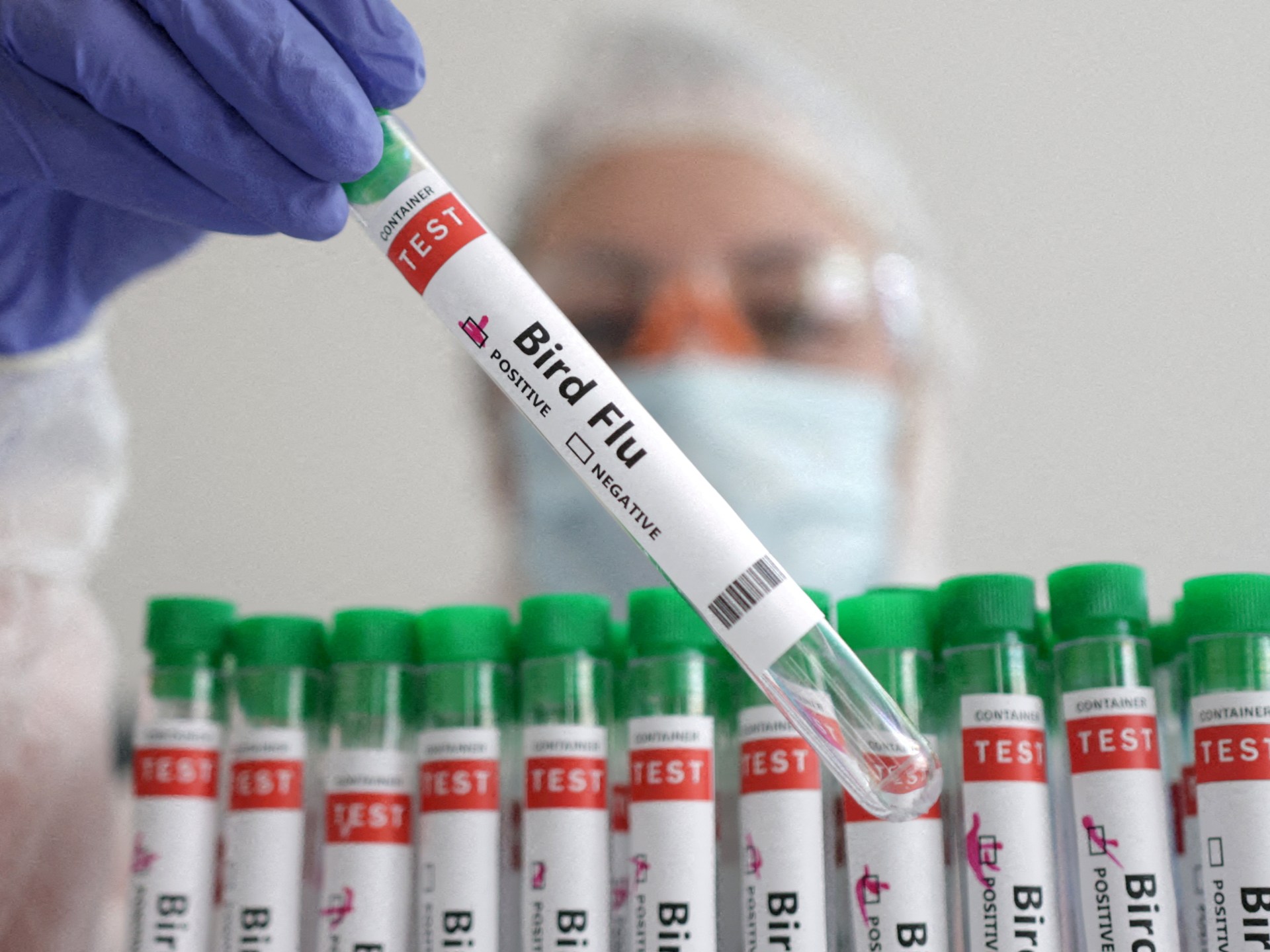
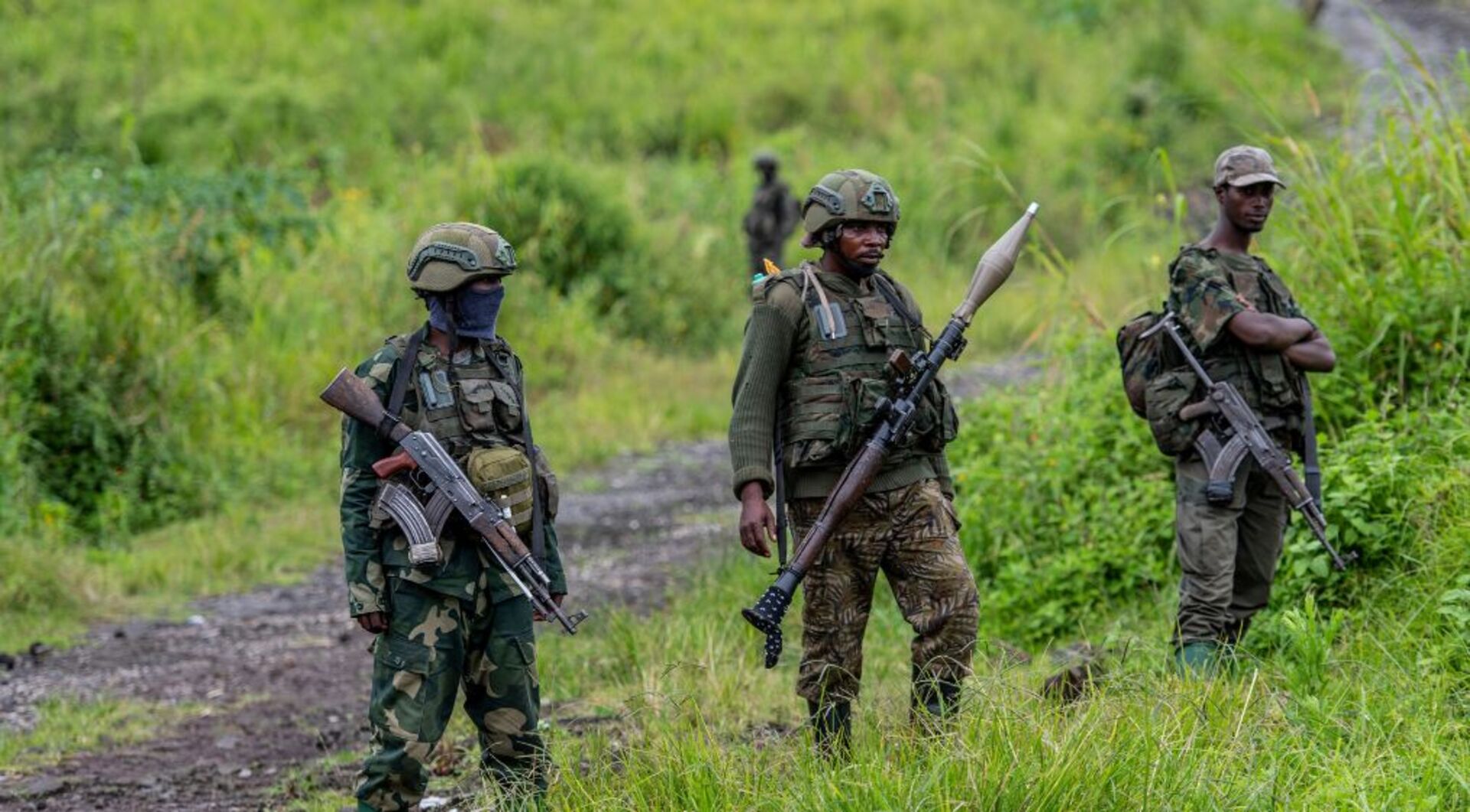
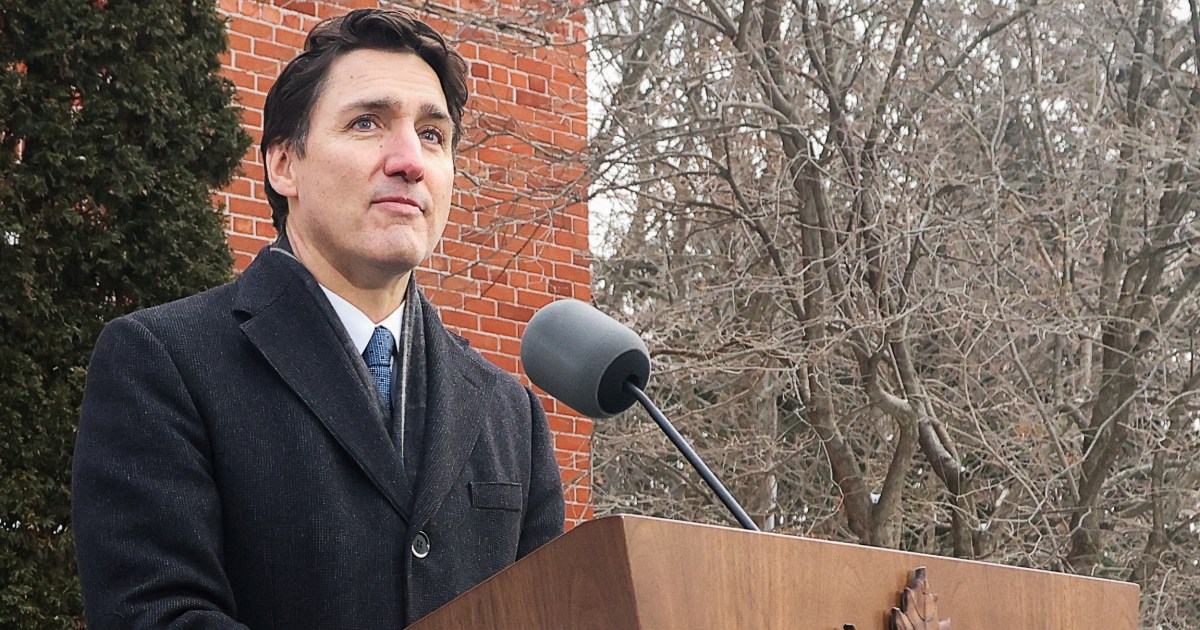
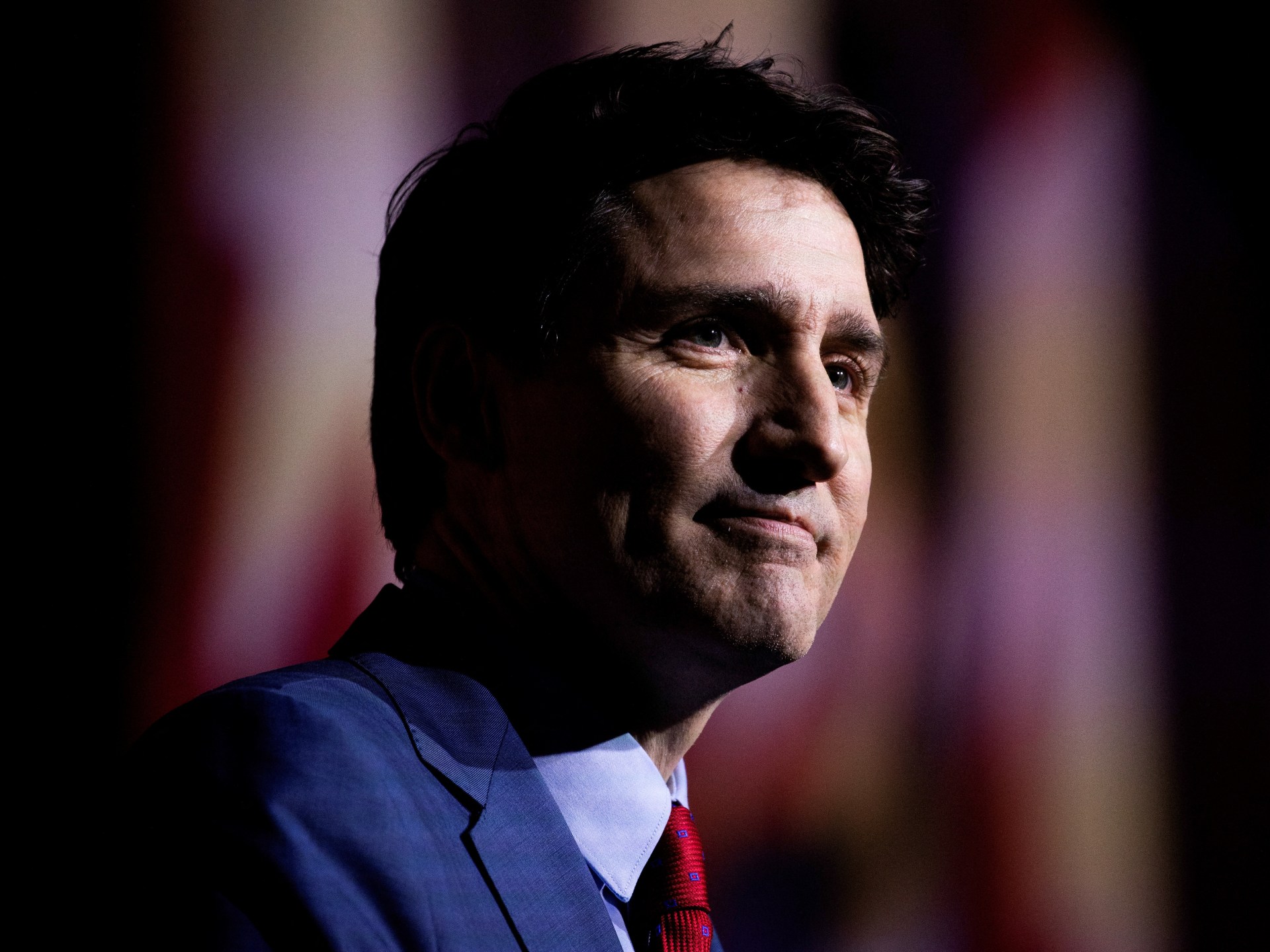
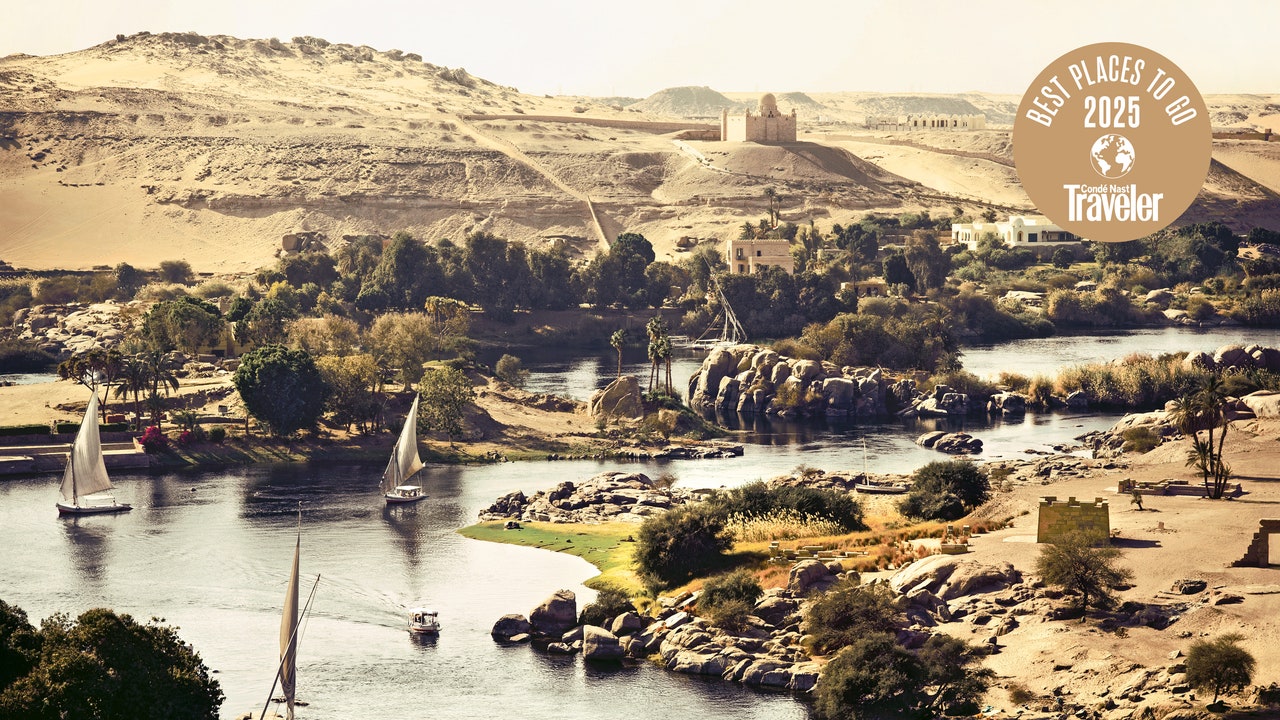
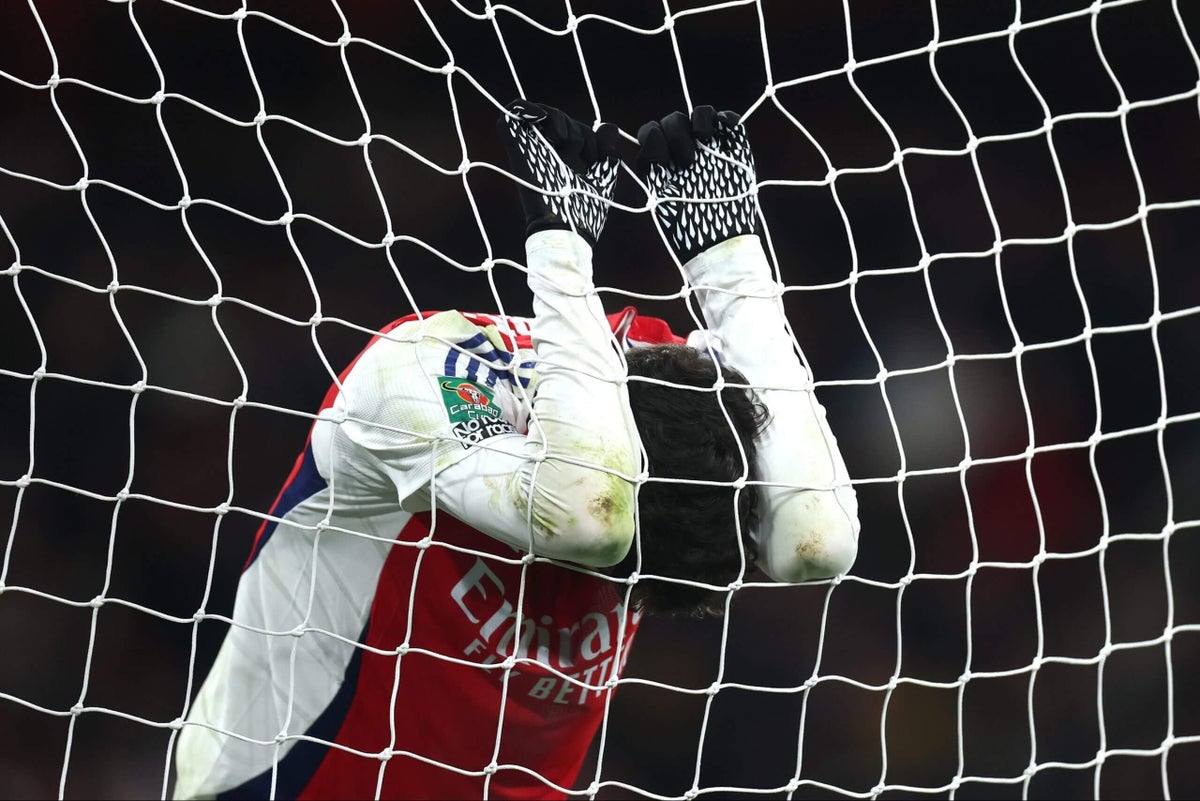
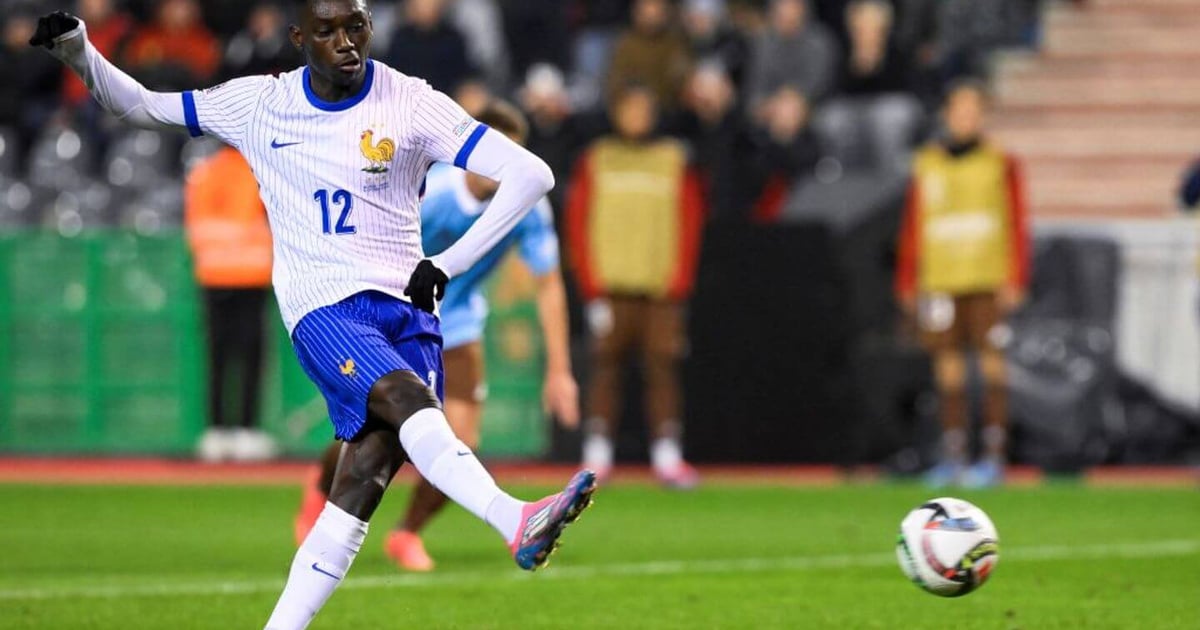
Leave a Reply